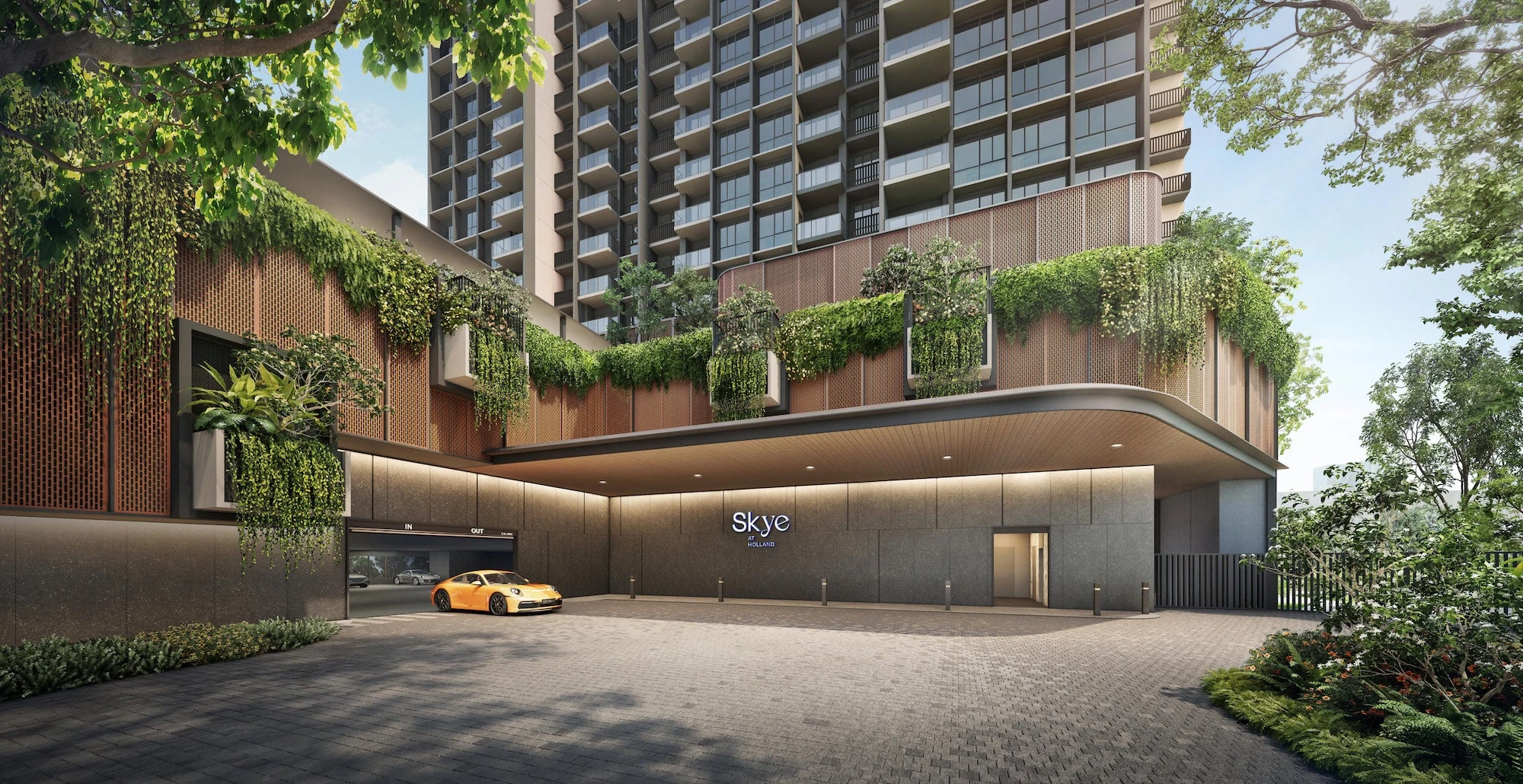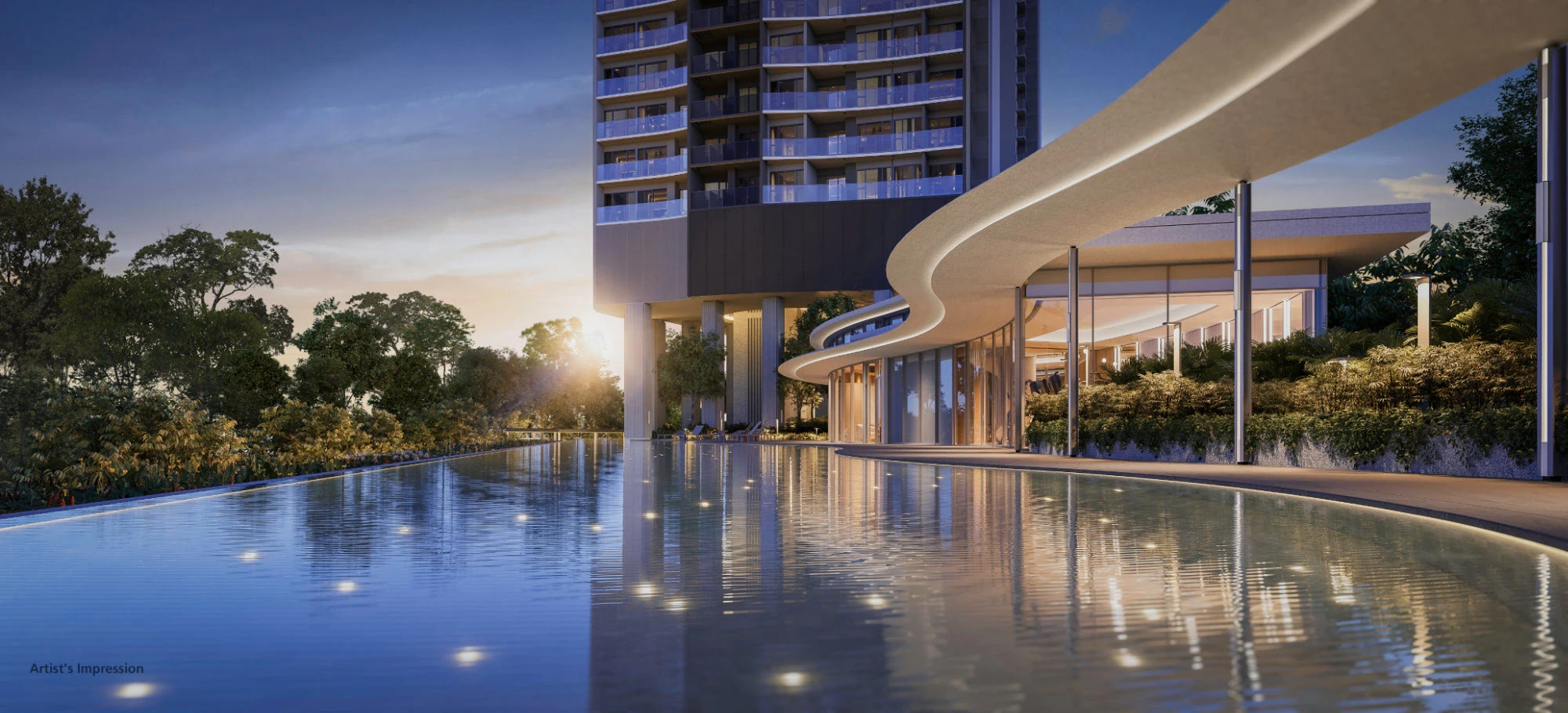New Launch Portal
Your Gateway to the Latest Condo Launches
Projects
Tenure
TOP Year
Tags
MRT Station
Developer
Popular New Launches
Search History
New Launches as seen on







Location
2025 New Launches
Featured Projects
















Upcoming Projects













Government Land Sales



New Launches by TOP Year
Completed
2025
2026
2027
2028
2029
2030
2031
Frequently Asked Questions
What is in District 6 of Singapore
What is in District 5 of Singapore
What is in District 4 of Singapore
What is in District 3 of Singapore
What is in District 2 of Singapore
What is in District 1 of Singapore
5 Reasons to Invest in Singapore's Real Estate Market
New Launch or Resale?
99-Year or Freehold condo?





































































